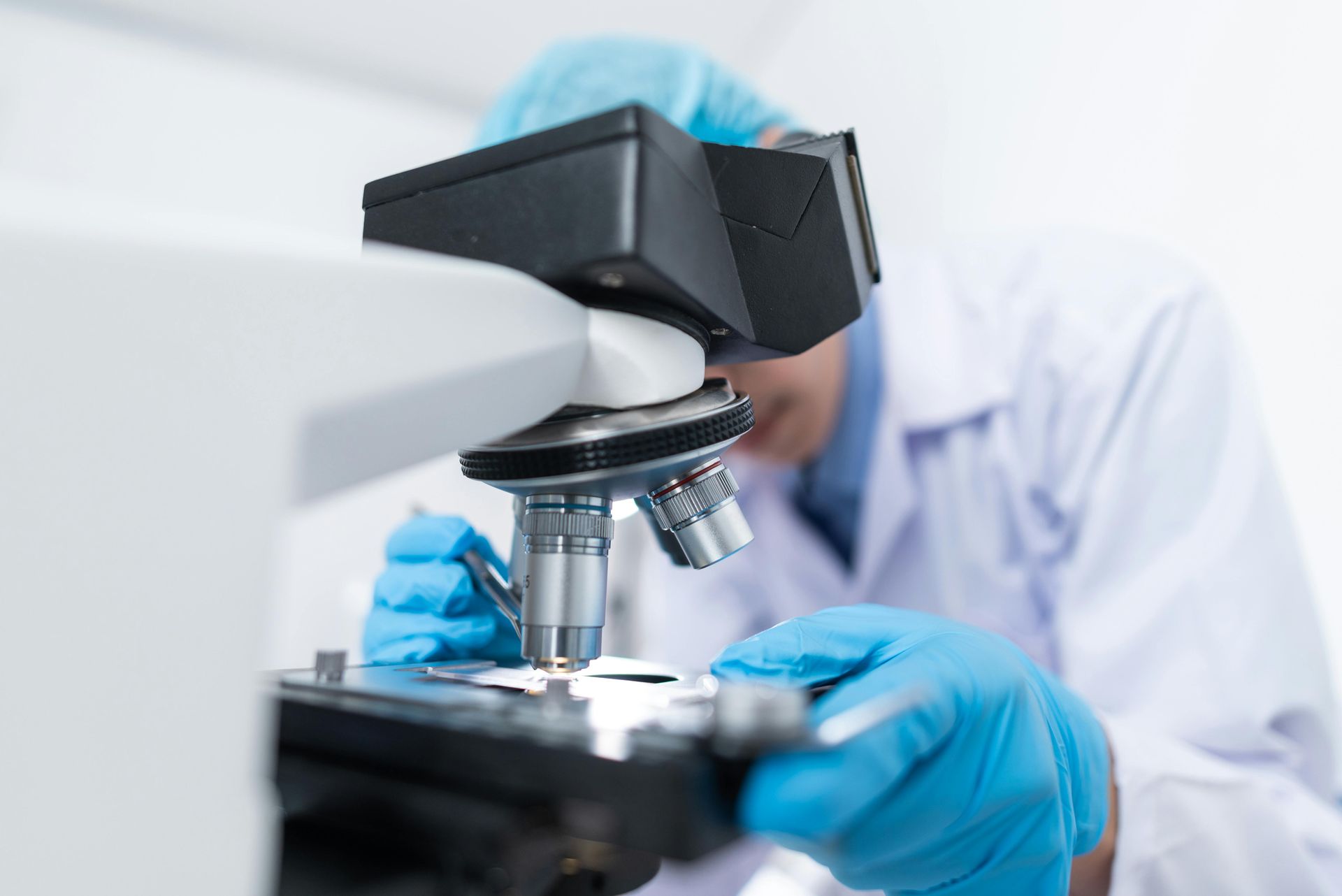The Promise of Intra-Ovarian Platelet-Rich Plasma (PRP) for Ovarian Rejuvenation
A Promising Approach for Women with Diminished Ovarian Reserve or Early Ovarian Aging
At Caperton Fertility Institute, our team is dedicated to offering patients the latest advances in reproductive medicine. One of the most promising emerging treatments we are exploring is intra-ovarian platelet-rich plasma (PRP) therapy, sometimes referred to as ovarian rejuvenation.
This innovative approach may provide new hope for women facing diminished ovarian reserve or early ovarian aging, helping them regain options on their fertility journey.
What Is Platelet-Rich Plasma (PRP)?
Platelet-rich plasma (PRP) is a concentrate of platelets derived from a patient’s own blood. Platelets are naturally rich in growth factors—proteins that stimulate healing, repair, and regeneration of tissue.
PRP has been widely used in:
- Orthopedics (joint healing, tissue repair)
- Dermatology (skin regeneration)
- Sports medicine (injury recovery)
Now, these same regenerative principles are being applied in reproductive medicine to support ovarian health.
How Does Intra-Ovarian PRP Work?
The intra-ovarian PRP procedure involves:
- Drawing a small blood sample from the patient
- Processing the blood to isolate PRP
- Carefully injecting PRP into the ovaries using ultrasound guidance
Potential benefits of ovarian PRP may include:
- Stimulating dormant ovarian follicles
- Improving blood flow within the ovary
- Supporting development of higher-quality eggs
- Potentially restoring hormone production in women with early ovarian decline
While PRP is still considered experimental, initial studies and clinical reports show encouraging signs that it may improve ovarian function in select patients.
Who Might Benefit From Ovarian PRP?
Ovarian PRP therapy may be considered for women with:
- Diminished ovarian reserve (low AMH or high FSH levels)
- Premature ovarian insufficiency (POI) or early menopause
- A poor response to IVF stimulation in the past
- Age-related decline in ovarian function and delayed fertility goals
⚠️ Important Note: PRP is not a cure for infertility, and not every patient is an ideal candidate. At Caperton Fertility Institute, we take a highly individualized approach to determine if PRP could be beneficial for your unique situation.
What Does the Research Say About Ovarian PRP?
The use of intra-ovarian PRP is still investigational, and more large-scale clinical trials are needed. However, early studies suggest some women may experience:
- Improved hormone levels (FSH, AMH, estrogen)
- Return of menstrual cycles in cases of ovarian insufficiency
- Increased number of eggs retrieved during IVF cycles
These findings provide hope, but it is essential to set realistic expectations. PRP is not yet a standard fertility treatment, and outcomes vary from patient to patient.
The Caperton Fertility Institute Approach
At Caperton Fertility Institute in Albuquerque, NM, and El Paso, TX, we are committed to bringing safe, evidence-based innovations to our patients.
For women exploring ovarian rejuvenation with PRP, we offer:
- Compassionate counseling
- Thorough fertility evaluation
- Access to emerging therapies within the context of advanced fertility care
Our goal is to maximize your chances of success—whether that involves IVF, egg freezing, or ovarian PRP therapy.
Is Ovarian PRP Right for You?
If you are struggling with:
- Diminished ovarian reserve
- Premature ovarian insufficiency (POI)
- Past IVF challenges or poor ovarian response
…then ovarian PRP may be worth discussing with your fertility specialist. Every patient’s fertility journey is unique, and our team is here to help you explore your best options with clarity and hope.
Next Steps
At Caperton Fertility Institute, we combine cutting-edge science with compassionate care. If you are interested in learning more about ovarian rejuvenation with PRP or other fertility treatments, we invite you to schedule a consultation today.
📍
Locations in Albuquerque, NM, and El Paso, TX
📞
Call us now or request an appointment online to explore whether
ovarian PRP therapy could be part of your fertility plan.




